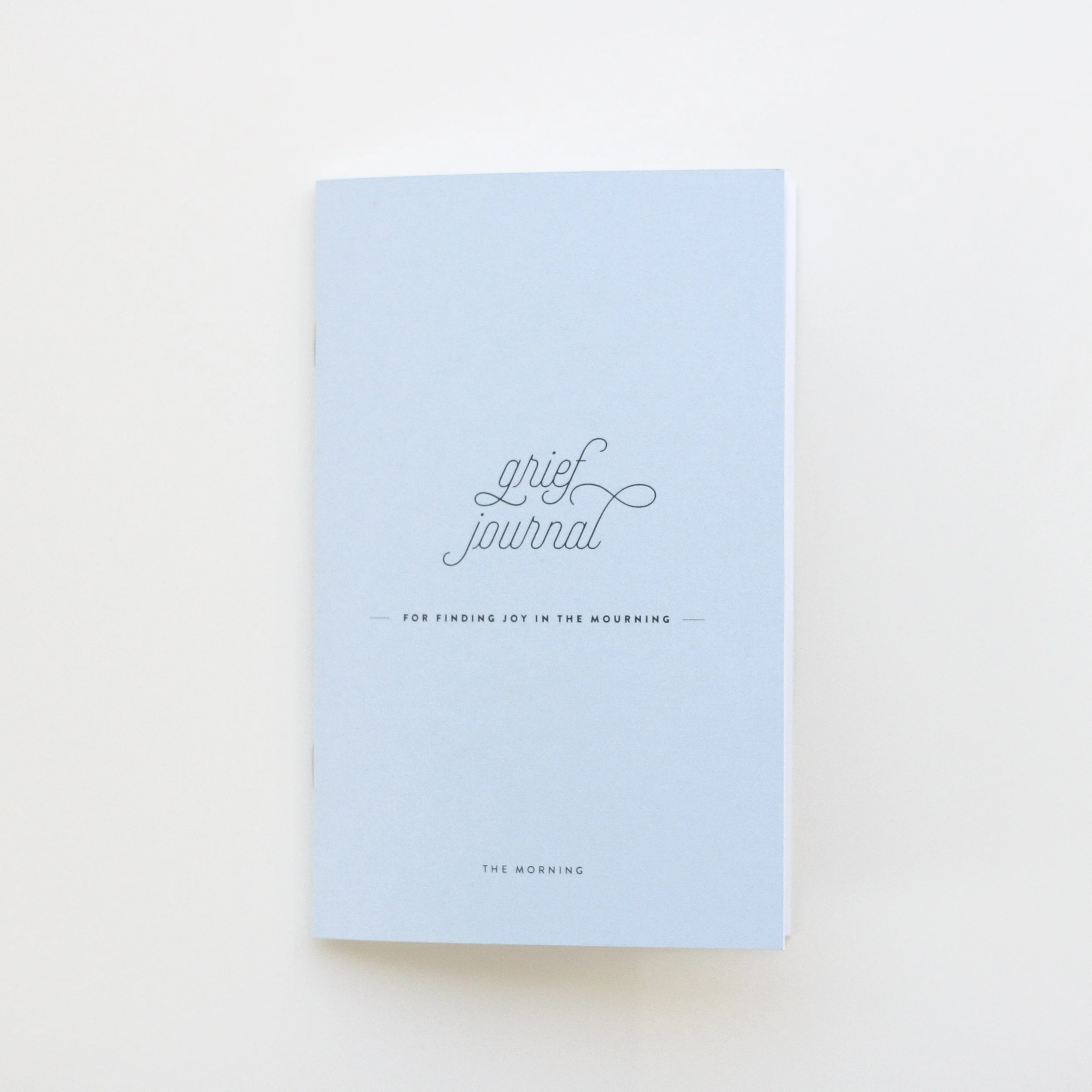& pregnancy loss
1st trimester miscarriage
FIND HOPE, SUPPORT & COMMUNITY AFTER
Hi, friend. I am so sorry.
I am so sorry for the loss that has led you here.
The words “There is no heartbeat,” an empty still ultrasound screen where there should have been a growing baby, or the physical signs that your baby is gone. I am so sorry that your loss may feel hidden and secret. That maybe no one knew you were pregnant and you are wondering how or if you should share this life changing news.
I am so sorry for the grief that feels ever present and I am sorry that you feel alone. I am so sorry that you may be wondering if your pain is valid, if your loss counts, if anyone cares. I am sorry for all the losses you are facing and will continue to face. I’m so sorry for all of the pain.
Whether your loss happened today or months or even years ago, I want you to know that your loss is valid, your pain is real – you are free to grieve your loss because your baby mattered and matters still. You matter. You are loved, you are valued, you are known. I pray these resources give you hope today.
xo, Ashlee
common questions
after 1st trimester loss
-
Generally speaking there are 3 options, explained well in this article: Expectant Management, Medication, or Dilation and Curettage (D&C). We are not medical professionals and recommend that you talk with your doctor about which option will be best for you and consider the pros and cons. Remember that there is no blanket “right” or “wrong” choice and that whichever option you pursue, you are doing the best job facing an unbearable decision in the midst of heartbreaking grief.
-
March of Dimes gives this really helpful definition about grief: "Grief is all the feelings you have when someone close to you dies. You may find it hard to believe that your baby died. You may want to shout or scream or cry. You may want to blame someone. Or you may want to hide under the covers and never come out. At times, your feelings may seem more than you can handle. You may feel sad, depressed, angry or guilty. You may get sick easily with colds and stomach aches and have trouble concentrating. All of these are part of grief."
You don't have to be afraid of grieving a certain way or not grieving a certain way. No feeling is “too much” or “not enough.” Everyone grieves differently, and that’s okay. Allow yourself to feel as you’re feeling and know that those feelings may ebb and flow over time.
-
This is up to you. Many people find it healing to name their baby or give them a nickname. Some choose to keep the name private and some choose to share it, but whatever you decide, there’s no right or wrong answer. Not naming or not sharing your baby’s name doesn’t mean you love him or her any less than someone who does.
-
Your baby’s life matters. No matter how short. Your baby has dignity & honor and is worthy to be celebrated. (Psalm 139:13-16) While sometimes it can feel like there’s a hierarchy to grief or suffering, there is no comparison. It doesn’t matter if you are the only person who knew you were pregnant, if you were only at x weeks, or whatever insecurities or shameful lies you’re hearing, your baby has inherent value and is loved beyond your imagination, and your grief is valid.
-
No, you did nothing wrong. While it can be tempting to play the “what if” game, the reality is that we cannot control life or death. Even if there is a “reason” for your loss, we are not the ones who can create life or number our days; we simply aren’t that powerful. If you’re wrestling with guilt or shame over this topic, we recommend you share honestly with someone you trust and/or a professional counselor or therapist to help you process why you’re feeling that way and to live by truth, instead.
-
Yes, totally normal. Having your period again can bring up all sorts of feelings – shame, guilt, painful memories of your loss, a reminder that you are no longer pregnant, grief, and more. Plus, the hormones you’re experiencing can exacerbate how you’re feeling. Give yourself extra grace and remember, however you’re feeling, you’re not alone.
-
We are not medical professionals and everyone’s situation is unique. Our first recommendation is to talk with your doctor about what would be best for you. What your body just went through was a lot, and while we know that you want a baby right now, it’s okay, and good, to take time to heal physically. It's also important to note that being on the same page with your spouse or partner is really important when trying to grow your family after loss.
There are two things to remember when you’re considering this question. First, no baby could ever replace the life of a baby lost. And two, no time waiting for another baby is ever wasted. That time is spent healing and growing and that time is valuable when moving forward to begin trying to grow your family again. So, talk with your doctor, talk with your spouse, and remember that no time is wasted.
-
I don’t know. But what I do know is that while our arms ache for the babies we’ve lost and the babies we long for, having a baby to fill those voids will not heal all of your wounds. Only God can do that – and we won’t know full healing this side of Heaven. Regardless of if you’ll ever have a baby in your home or not, your worth and value come from someone who calls you loved simply for being His. You can go to God with your ache and your pain for a baby. He comforts, he sees you, and he cares.
-
We know that for many women, the added loss of not having another living child again or losing her fertility due to complications can be an added layer of grief and trauma. Take time to mourn and grieve it, if so. Your feelings about these secondary losses are extremely valid. The good news for you is that while some families go on to have another living child and rejoice in a new life, we know that our hope is not and cannot be found in a “rainbow” baby. Like all grief, all you can do is do the next thing, allow yourself to feel as you are, and know that joy will come, even amidst your mourning.
-
Due dates can be incredibly challenging to face now that your baby is no longer here. Leading up to your due date, you may feel a lot of conflicting emotions – or you may feel totally numb. Some women experience physical symptoms around their due date (our bodies remember too!) and some women feel more emotions after their due date passes. To think through how to acknowledge your due date, click here. And remember: your baby’s value and your love for your baby are not dependent on what exactly you do that day!

“I love how every single download covers so much, offers so much heartfelt wisdom, supports in ways I had never considered. It's like being wrapped completely in a loving blanket that covers ALL the hurts and anxieties - some I didn't even know I had.”
— Paula, 1st Trimester Loss Mom
FOR 1ST TRIMESTER MISCARRIAGE OR PREGNANCY LOSS
top resources
What Now? Hope & Help for 1st Trimester Loss
01
40+ Women Answer: What I Wish I Had Known About Miscarriage
02
03
10 Things to Know About Grief After Baby Loss
Simple Coping Strategies for Grief After Baby Loss
04
1st Trimester Miscarriages & Trusting God When It Hurts
05
Deeper, more personalized, and intentional grief support
06
through 1:1 Coaching, Support Groups, and Self-Paced Workshops
Never feel alone again.
Join thousands of women finding joy in their mourning in our free, online community.

“The Morning's resources have been one of a limited number of encouraging places to turn in my grief after repeated miscarriage. I'm grateful for those who share their stories of hope and healing, as it has helped me to pursue the Lord more and come back to Him in my grief.”
— Joy, Recurrent Miscarriage Mom






